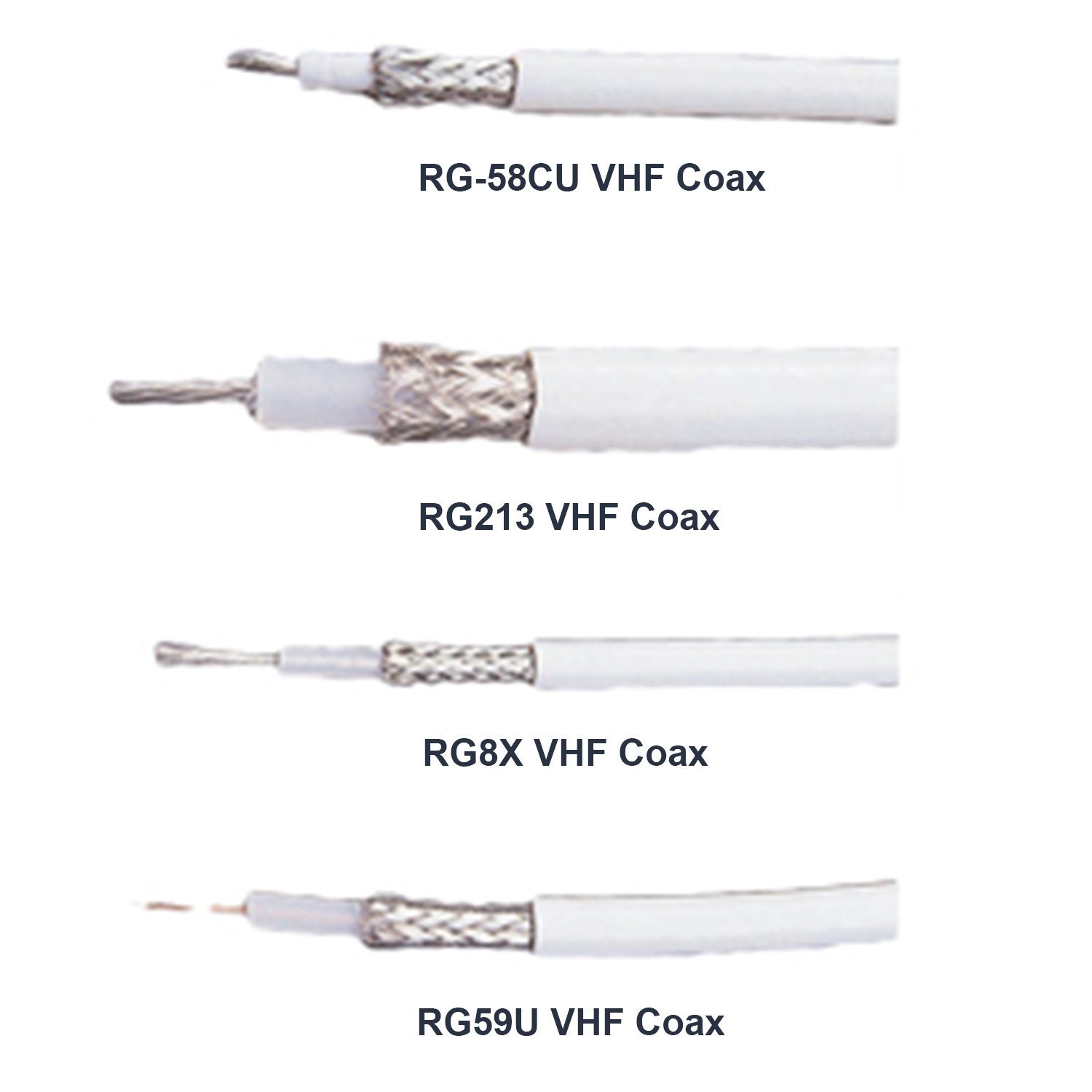SpeakerFRK
Member
- Joined
- Oct 21, 2022
- Messages
- 14
- Likes
- 0
I’m connecting 3 amps. Over about a 15’ run, and I have to split 4 of the cables. I looked on Amazon and there’s a couple problems. #1 cheapest I can make this work if I bought it premade, is about $200 for marine rated cable. #2 I couldn’t even find marine rated splitters.
So, looking to make my own. What would I need to make this happen? I saw Sewell deadbolt ends that look pretty easy to install. I also have a soldering iron if I need to use that instead. My bigger question is what cable should I use that will be marine grade (tinned)? I saw some that many people recommend using coaxial cable. Any particular that is tinned and high quality? Would you recommend the ends I found or some other ones?
Here’s a coaxial cable I found that’s tinned copper.
So, looking to make my own. What would I need to make this happen? I saw Sewell deadbolt ends that look pretty easy to install. I also have a soldering iron if I need to use that instead. My bigger question is what cable should I use that will be marine grade (tinned)? I saw some that many people recommend using coaxial cable. Any particular that is tinned and high quality? Would you recommend the ends I found or some other ones?
Here’s a coaxial cable I found that’s tinned copper.
Last edited:

